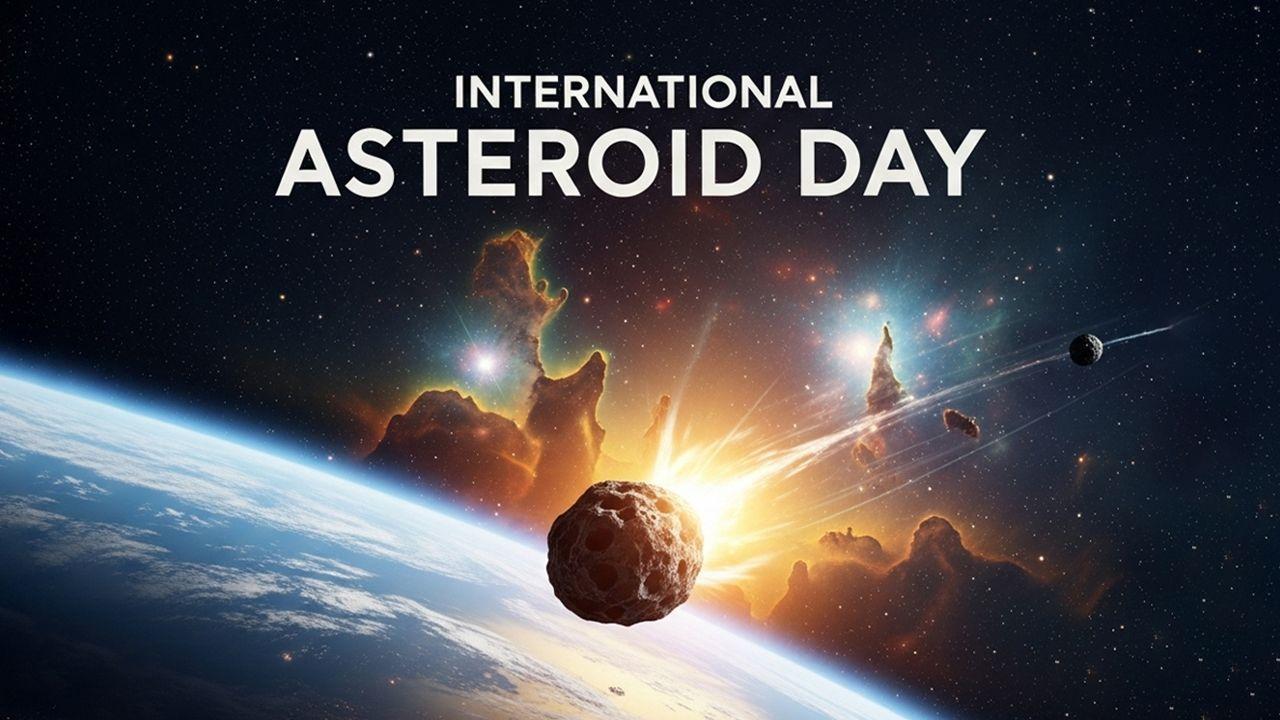
Author : Mukesh Kumar
Each year on June 30, people around the world observe International Asteroid Day—a global awareness campaign focused on understanding asteroids, their potential threat to Earth, and the importance of planetary defense. This observance is not just about science—it’s about global cooperation, education, and our shared duty to protect the only home we have: Earth.
This day is more than a calendar event. It’s a reminder that while the universe may seem far away, its impact can reach us in powerful, and sometimes dangerous, ways.
International Asteroid Day is held annually on June 30 to educate the public about asteroids, which are small rocky bodies orbiting the Sun. Although many are located in the asteroid belt between Mars and Jupiter, some come close to Earth, and a few have the potential to cause serious damage if they collide with our planet.
This day was officially recognized by the United Nations in 2016 and is now supported by governments, space agencies, scientists, educators, and space enthusiasts globally.
The purpose of this day is threefold:
Raise public awareness about asteroid risks.
Promote research and technology for early detection.
Encourage international collaboration in planetary defense.
The date for International Asteroid Day was chosen to mark the Tunguska Event, which occurred on June 30, 1908, in a remote region of Siberia, Russia. On that day, a massive explosion—caused by an asteroid or comet fragment—flattened over 2,000 square kilometers of forest. The explosion released energy equivalent to nearly 15 megatons of TNT.
Fortunately, it occurred in an uninhabited area. If it had struck a populated city, the consequences would have been devastating. The Tunguska event remains the largest impact-related incident in recorded human history and serves as a reminder that the threat from space is real.
Asteroids are space rocks that range in size from a few meters to hundreds of kilometers wide. Most orbit the Sun in the asteroid belt, but some follow paths that bring them near Earth. These are known as near-Earth objects (NEOs).
While many NEOs are harmless, others could pose a threat if they were to collide with Earth. Scientists estimate that even a relatively small asteroid—about 50 meters in size—could destroy a large city if it struck.
This is why constant monitoring, prediction, and the development of deflection technologies are so important.
An asteroid impact might seem like a rare event, but history and science show otherwise. Experts estimate that Earth is hit by a football-field-sized asteroid approximately every 2,000 years. Although the likelihood of a massive impact in our lifetime is low, the consequences could be severe.
Potential effects of an asteroid impact include:
In short, preparing for the possibility is not just wise—it is essential.
Thankfully, scientists and space agencies around the world are actively working to monitor and defend against asteroid threats.
Some major efforts include:
NASA’s Planetary Defense Coordination Office (PDCO): Tracks and catalogs potentially hazardous asteroids and coordinates emergency response planning.
ESA’s Hera Mission: Focused on studying the aftermath of asteroid redirection efforts and collecting valuable data to improve future missions.
NASA’s DART Mission (2022): A landmark test of planetary defense. The Double Asteroid Redirection Test successfully changed the orbit of the asteroid Dimorphos by crashing a spacecraft into it. This was the first time humanity altered the path of a celestial body—proof that prevention is possible.
These missions represent the beginning of an international planetary defense strategy that combines technology, science, and collaboration.
The United Arab Emirates is playing an increasingly important role in global space exploration and science education. With the success of the Hope Probe to Mars, launched in 2020, and the establishment of the Mohammed Bin Rashid Space Centre, the UAE has proven itself a committed player in space research.
On International Asteroid Day, UAE-based institutions often host a variety of activities, including:
These programs aim to inspire the next generation of scientists and highlight the region’s growing contribution to planetary defense and space innovation.
International Asteroid Day is not just for scientists and space agencies. Everyone can participate in raising awareness and learning more about asteroid science.
Here’s how you can get involved:
1. Watch Educational Content
Documentaries, YouTube videos, and short films can explain asteroid science in a simple, engaging way.
2. Attend Online Events
Many organizations host webinars, live Q&A sessions with scientists, and virtual tours of observatories.
3. Visit Science Museums
If possible, visit a science or space museum to see real meteorite samples and learn about planetary defense efforts.
4. Share Information
Use your social media to share facts, infographics, or news related to asteroids and space missions.
5. Support Space Education
Encourage young learners to explore astronomy, physics, and planetary science.
International Asteroid Day is a powerful reminder that Earth is part of a dynamic universe where natural space threats exist. But thanks to science, global cooperation, and growing public awareness, we are more prepared than ever before.
As we look toward the future, the key to protecting our planet lies not only in technology and observation but also in education and collective responsibility. From international space missions to classroom discussions, every effort counts.
The information presented in this article is intended for educational and informational purposes only. While DXB News Network strives for accuracy and timely updates, some data related to scientific missions, asteroid monitoring, and space agency activities may evolve. Readers are encouraged to refer to official space agency websites such as NASA, ESA, and the UAE Space Agency for the most current developments. DXB News Network is not responsible for any misinterpretation of the content or external decisions made based on this information.
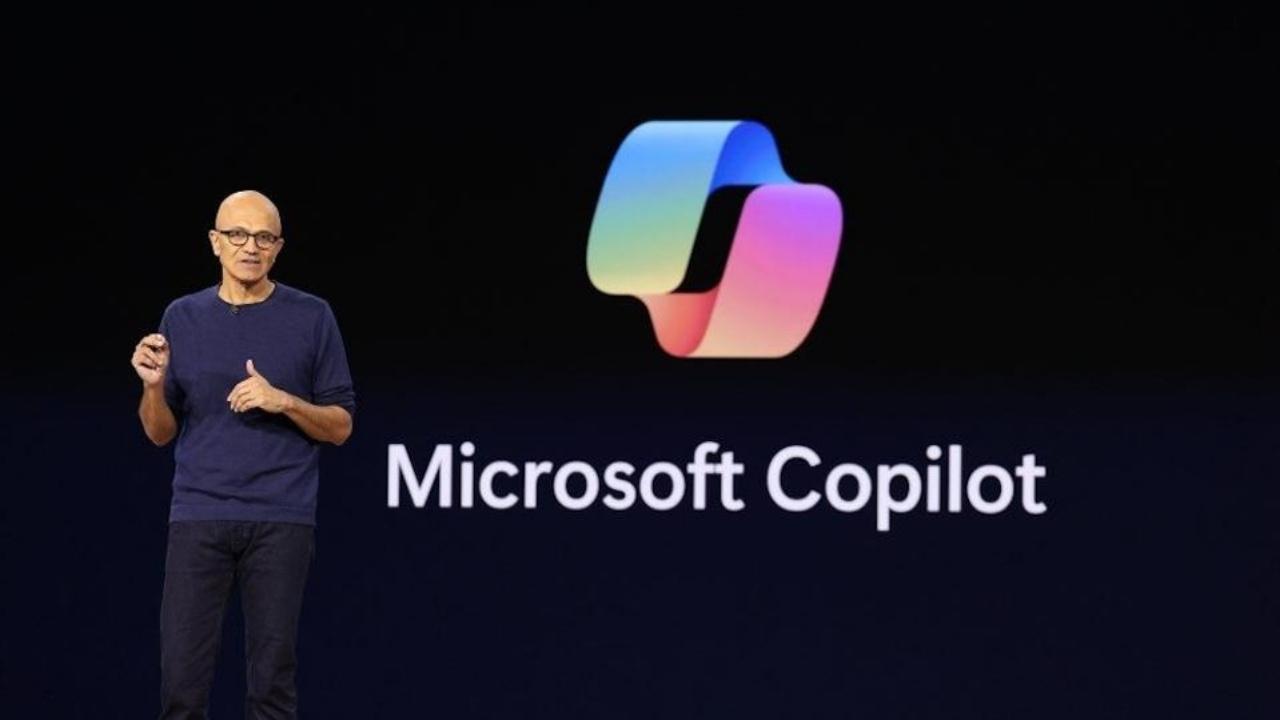
MatterGen: Microsoft’s AI Breakthrough in Materials Design
Microsoft has unveiled MatterGen, an advanced AI model that can design novel materials at unpreceden
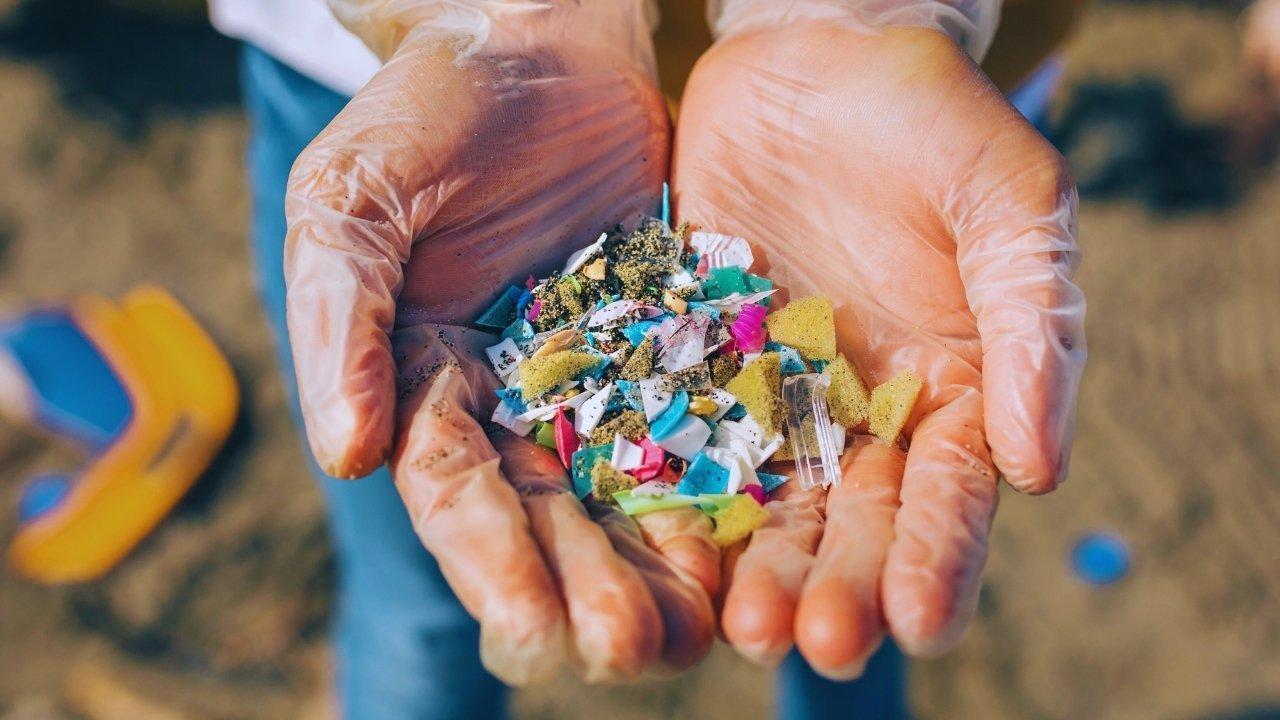
Microplastics Threaten Plant Photosynthesis, New Study Warns
Recent research reveals that microplastics are not just polluting oceans and animals but also disrup
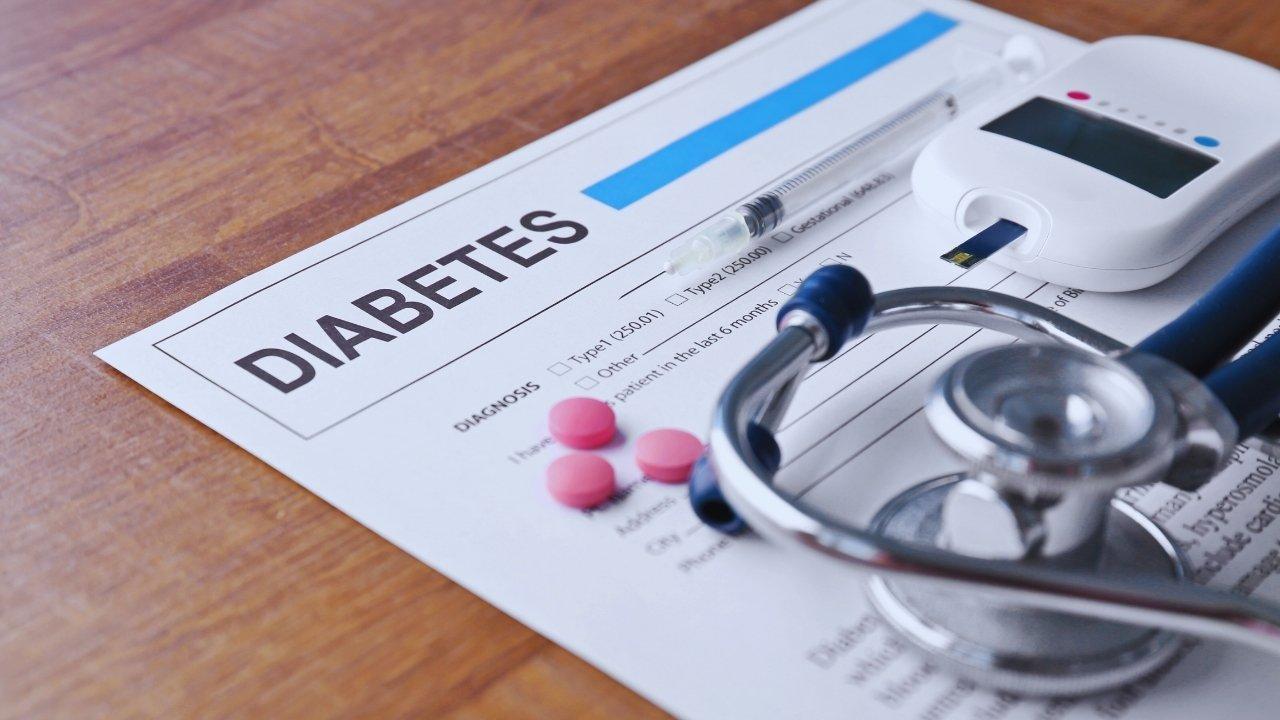
CRISPR Breakthrough Offers Hope for Type 1 Diabetes Cure
Scientists have successfully implanted CRISPR-edited pancreas cells in a patient with type 1 diabete

Regenerative Farming Is More Than a Buzzword—Here’s Why
Once dismissed as a trendy phrase, regenerative farming has become a powerful global movement. From

AJ Lee Returns to WWE SmackDown After 10-Year Hiatus
AJ Lee’s shocking WWE return in Chicago lights up SmackDown. A night filled with big moments, John C

Rashmika Mandanna’s New Ring Sparks Dating Rumors with Vijay
Rashmika Mandanna’s latest airport look and new ring sparks fresh dating rumors with Vijay Deverakon
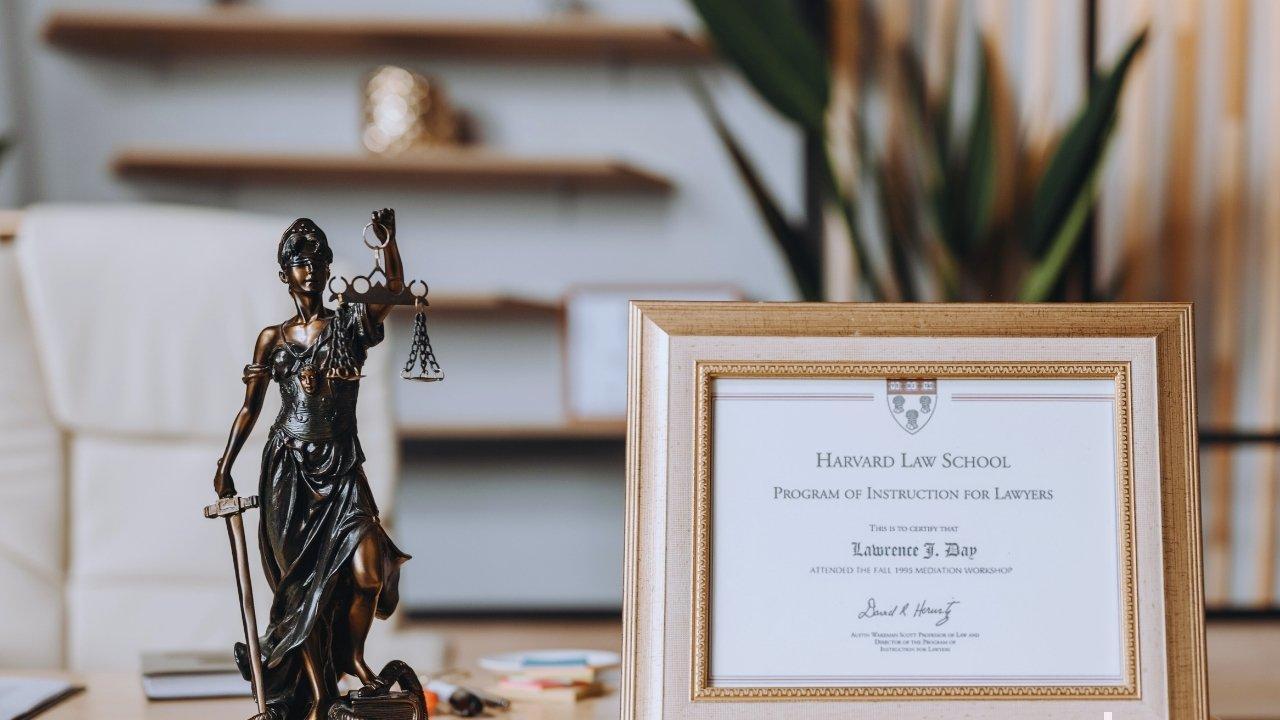
Earn Without a Degree? Microcredentials Are Changing the Game
In 2025, microcredentials are reshaping education and employment. As traditional degrees lose their
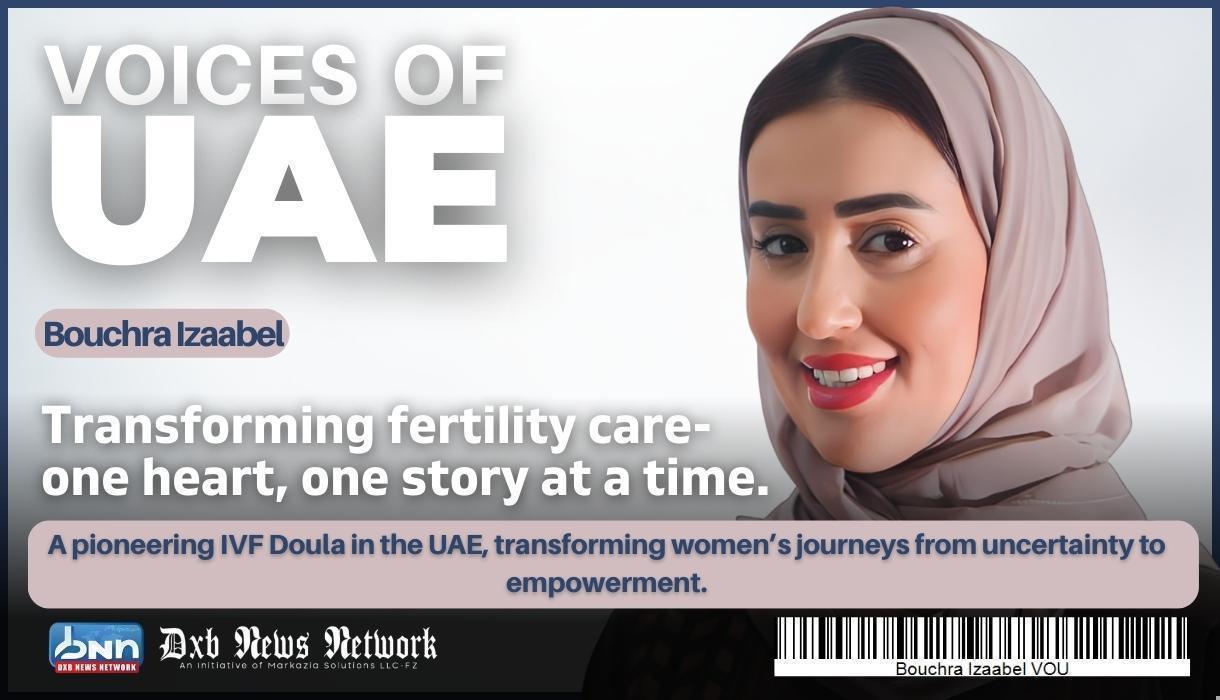
Voices of UAE: Bouchra Izaabel-Transforming Fertility Care, One Heart and One Story at a Time
Transforming Fertility Care, One Heart and One Story at a Time

Pakistan Defeat UAE by 31 Runs in T20I Tri-Series Clash
Pakistan beat UAE by 31 runs in Sharjah T20I Tri-Series. Saim Ayub hit 69, Hasan Nawaz 56, while Has

Vice President’s Jiu-Jitsu Cup Ends with UAE Clubs Triumph
Sharjah Al Ain Al Jazira and Baniyas clubs shine as champions in the Vice President’s Jiu-Jitsu Cup

Liverpool beat Arsenal City fall to Brighton in EPL drama
Liverpool edge Arsenal with Szoboszlai’s stunning free-kick, while Manchester City suffer second str

Tawfiq wins UAE President’s Cup Arabian Horse Race in Russia
Tawfiq claimed victory at the UAE President’s Cup in Kazan, Russia, thrilling 20,000 fans with a dra

GCC Chief Urges Stronger Push on Global Free Trade Talks
GCC Secretary-General Jasem Albudaiwi pressed negotiators to intensify efforts on free trade pacts b

UAE and India Strengthen Trade Ties with Mumbai Business Talks
UAE Minister of Foreign Trade Dr. Thani Al Zeyoudi met Indian leaders in Mumbai to expand CEPA benef

UAE announces September fuel prices for petrol and diesel
The UAE Fuel Price Committee set September 2024 rates: Super 98 at AED 2.90, Special 95 and Diesel a